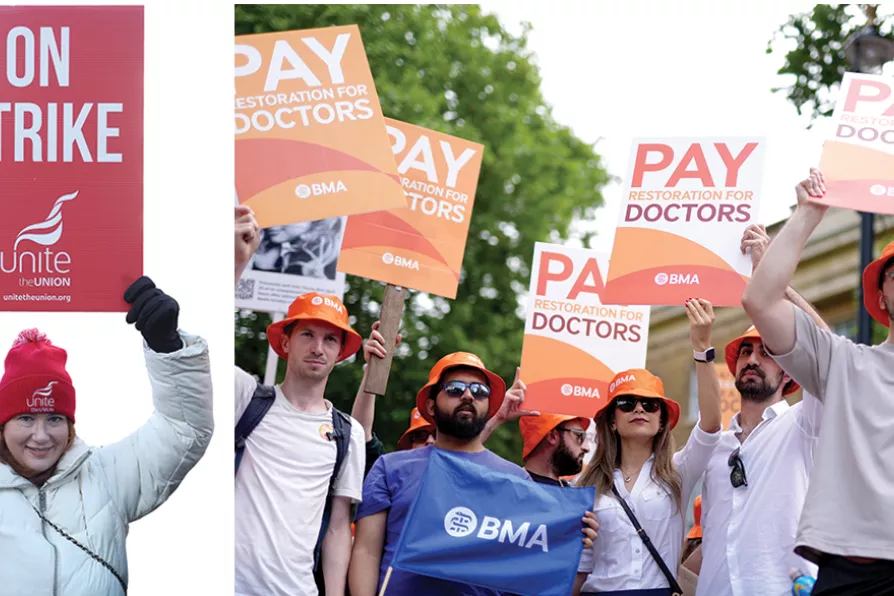This weekend, the NEU holds a special conference to debate changing its approach to organising teaching assistants, which a 2017 TUC agreement forbids. General secretary DANIEL KEBEDE outlines the choices before delegates

 LABOUR'S TO DO LIST: Sort out strike rights and collectice bargaining
LABOUR'S TO DO LIST: Sort out strike rights and collectice bargaining
I
THE new government is to be congratulated for the commitment in the King’s Speech that it will honour its manifesto commitment to implement the proposals made in Labour’s Plan to Make Work Pay, the latest version of its New Deal for Working People.
The government’s proposals include major changes: employment rights from day one, doing away with zero-hours contracts, banning “fire and rehire,” easing the conditions for statutory sick pay, allowing workers to take carers’ leave and bereavement leave, ensuring workers have the right to switch off, extending full employment rights to all workers other than those truly in business on their own account, and much else besides.
II
But although most welcome, even if fully implemented these changes to individual rights will not address the real problem faced by the overwhelming majority of our 31 million working people. That problem is lack of power at the workplace, with the vast majority of workers having no control over — indeed, no input into — the terms and conditions on which they work.

The Bill addresses some exploitation but leaves trade unions heavily regulated, most workers without collective bargaining coverage, and fails to tackle the balance of power that enables constant mutation of bad practice, write KEITH EWING and LORD JOHN HENDY KC

It is only trade union power at work that will materially improve the lot of working people as a class but without sector-wide collective bargaining and a right to take sympathetic strike action, we are hamstrung in the fight to tilt back the balance of power, argues ADRIAN WEIR












